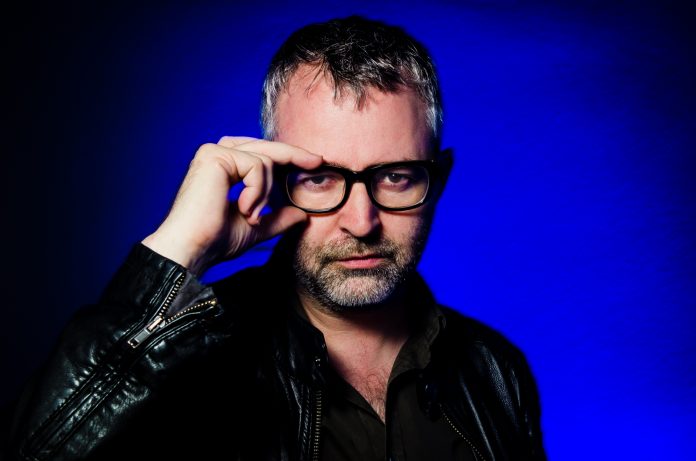
Mike Butcher is the Editor-at-large of TechCrunch. In this interview with TECH dot AFRICA, he shed some light on the Blockchain and Crypto market in Africa, and how IOT can be used to further develop the ecosystem.
Looking at the startup market in Africa, what challenges and opportunities would you say are available?
Contents
Clearly, there is the last mile altitude – the regions of the countryside are still obviously a big challenge and that’s why we’ve got fantastic entrepreneurs here addressing things like energy, solar, connectivity and I think being able to access that last long tail of consumers still remains an issue but that’s gradually being solved by greater access to telecommunications, cheaper smartphones, cheaper handsets, and more energy availability.
The opportunities are enormous, certainly from a diversifying industrial base of the country and also across the continent. What’s fascinating is the number of startups you’ll see here at TechCrunch Battlefield Africa, who are addressing the issue of farmers. Agriculture is a big underserved market which technology can really transform and disrupt in a good way, with some of these entrepreneurs you see. So, there are fantastic opportunities there.
How fast would you say Blockchain and Crypto are developing in Africa?
I think it is quite exciting to see Blockchain and Crypto enter the African market. The reason being that it pops you out of the traditional financial system where there are enormous amounts of banking charges and a lot of friction to financial services. So, if it can be cracked, then cryptocurrency could, well, take off here.
It’s worth trying some experiments. The company I covered recently was linking blockchain and cryptocurrency to solar energy, so people can pay for solar energy very cheaply, very easily and for any other kind of services. So there’s a lot of opportunities and I think emerging markets such as Africa could actually be the transformation of cryptocurrency and blockchain in the future.
How is venture capital affecting the start-up market?
Venture Capital is really taking off in Africa. Last year, we had over $500 Million invested in African startups and that number will probably tack up quite substantially this year. The figures come out and so you’re gradually seeing more and more institutional money go into earlier stage startups and as the entrepreneurs become more sophisticated and the ecosystem develops, you see more development. That’s part of the reason why we are here because the venture capital institutional money is turning up in Africa and this clearly means that the market is developing to the point where TechCrunch can cover these new potential rocketships in the future.
How is IOT affecting the African startup market and how can it be further developed?
IOT (Internet of things) is really important, especially from an agricultural point of view, so you can have centres, big hub, and centres built with IOT. It is incredibly important for the development of smart cities – you can manage traffic, pedestrian flows, you can map out how the city lives and breathes, and in industry and manufacturing, IOT is absolutely essential. As Africa develops, its industrial base will completely be part of the future.
What would you say about the patronage of TechCrunch in Africa? Would you say the motive for TechCrunch paying attention to Nigeria is being achieved? Do you have any other African countries in mind?
Well, we are really excited to be here. We did a TechCrunch Startup Battlefield in Nairobi last year, now we are here in Lagos. You can see that we are really connected to covering the continent and TechCrunch wants to come again.




